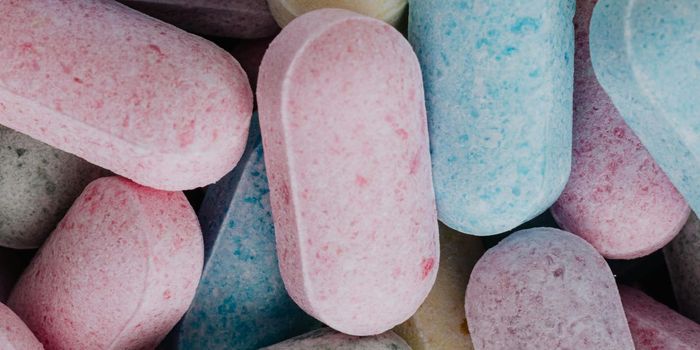What Happens in the Brain During Blackout Drinking
Having a few drinks with friends after work, or ordering a glass or two of wine with a meal isn't a problem for most people. Alcohol, when used responsibly, can be an enjoyable part of any gathering. Binge drinking is quite another matter.
It's more common with younger adults and underage teens. Binge drinking is defined by the National Institute on Alcohol Abuse and Alcoholism as a short period of heavy drinking that raises the blood alcohol content (BAC) to 0.08g/dL. This amounts to four drinks for the average woman or five drinks for the average man, in less than two hours. When alcohol is consumed at this rate, the brain reacts, and the consequences can be hazardous.
Blackouts are not unusual in binge drinking. Blackout drinking is when a person has little or no memory of what happened after over a specified interval of time. There are two kinds of blackout drinking situations, fragmentary and en bloc. In fragmentary blackouts, the person remembers some of what happened during the time they were drinking, but the memories are in bits and pieces, like snapshots making up a collage, but with parts missing. En bloc blackouts happened when an entire block of time spent drinking is gone from a person's memory.
The speed at which drinking occurs is a factor in blackouts. When several alcoholic beverages are consumed in a very short period, the BAC spikes and this suppresses function in the hippocampus. Neurons in this region of the brain are responsible for turning short-term memories into long-term memories that remain in the person's conscious recall. When alcohol impacts this part of the brain, the events that happen do not get converted to long-term memories and, in a sense, evaporate as if they never occurred.
Alcohol impairs judgment, so when a binge results in a rapid rise in BAC, it's like a storm in the brain, where choices cannot be appropriately made, information is not readily retrievable because of memory disruptions, and there is little to no impulse control. A person who is intoxicated enough to cause a blackout is experiencing a form of amnesia. Once the alcohol has worn off, the stress of not being able to fully remember events can trigger panic and depression, because of the length of time the brain was unable to function correctly. This is in addition to dealing with any fallout from the binge such as an injury, inappropriate behavior and, usually, a vicious physical hangover including nausea, headache and other symptoms. A bad "morning after" is also related to the effect of alcohol on the brain, as it regulates the rest of the body and a binge drinking session stresses many of those systems.
Part of what makes a person vulnerable to blackouts is likely related to their genes. Certain genes have been found in people who have problems with alcohol in general, and alcoholics have a higher chance of experiencing blackouts. Women are more susceptible because they are often smaller than men, so it takes less alcohol to become intoxicated. Less water in the tissues of some smaller women and fewer enzymes in the gut to metabolize the alcohol are also factors. The video below includes additional information on blackout drinking. It's okay to celebrate, but to stay healthy and out of danger, avoid the binge and limit intake.
Sources: National Institute on Alcohol Abuse and Alcoholism, Business Insider, Journal, Health Communications, Addiction and Genetics









